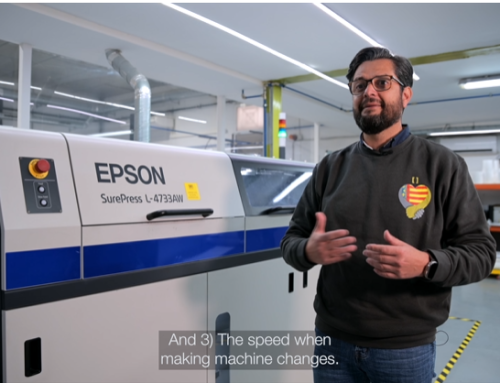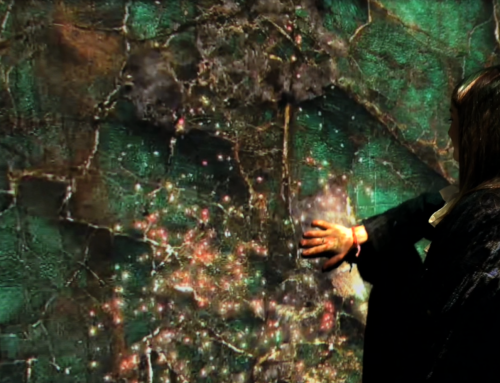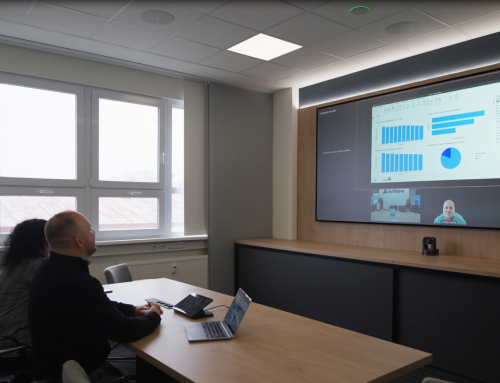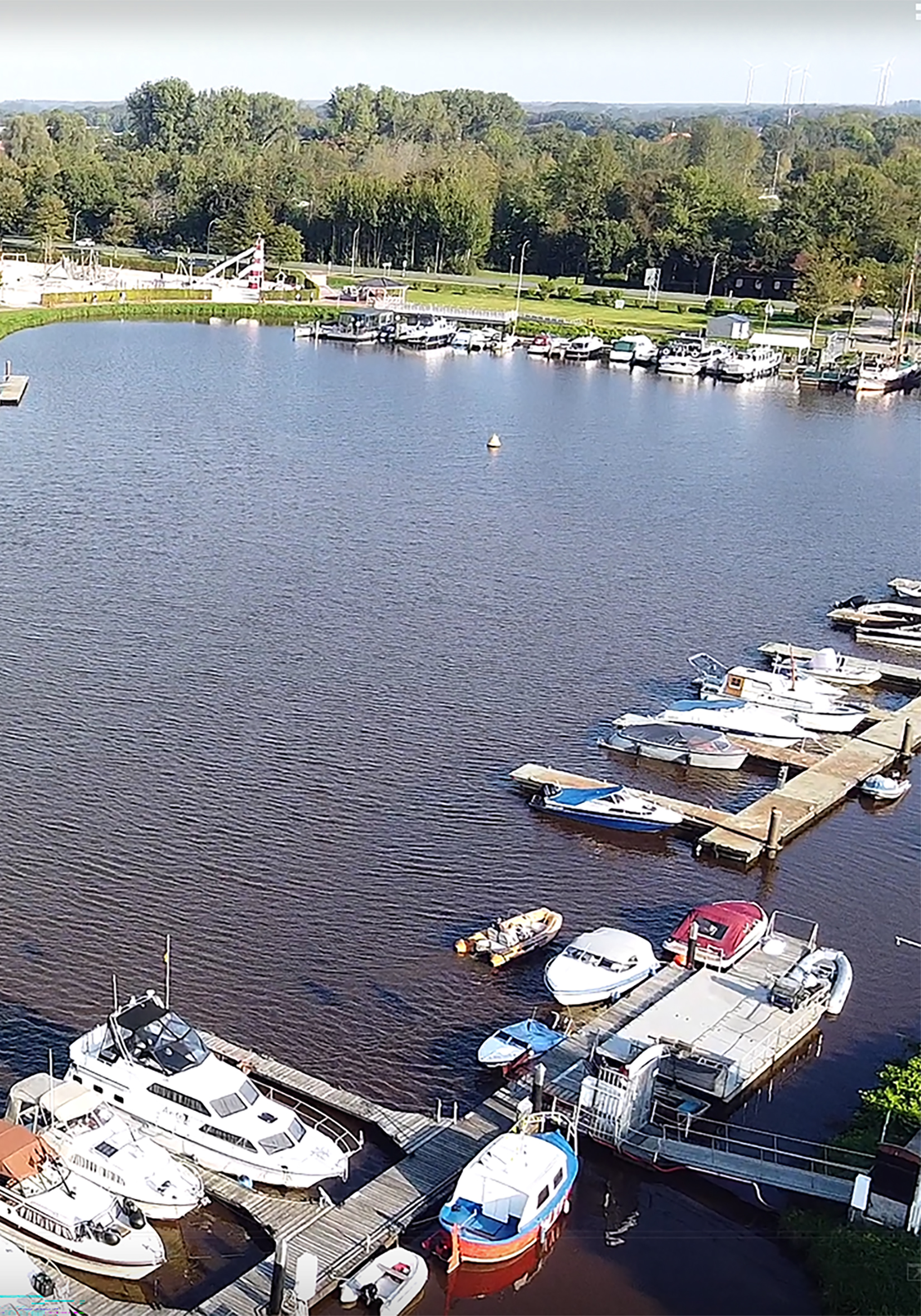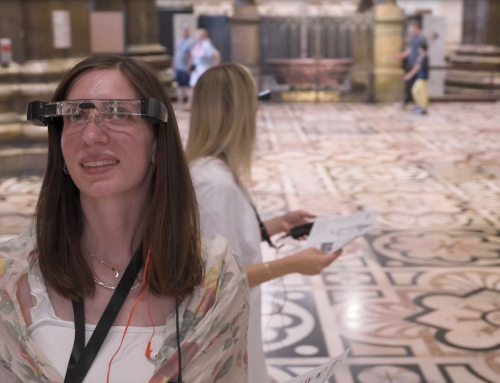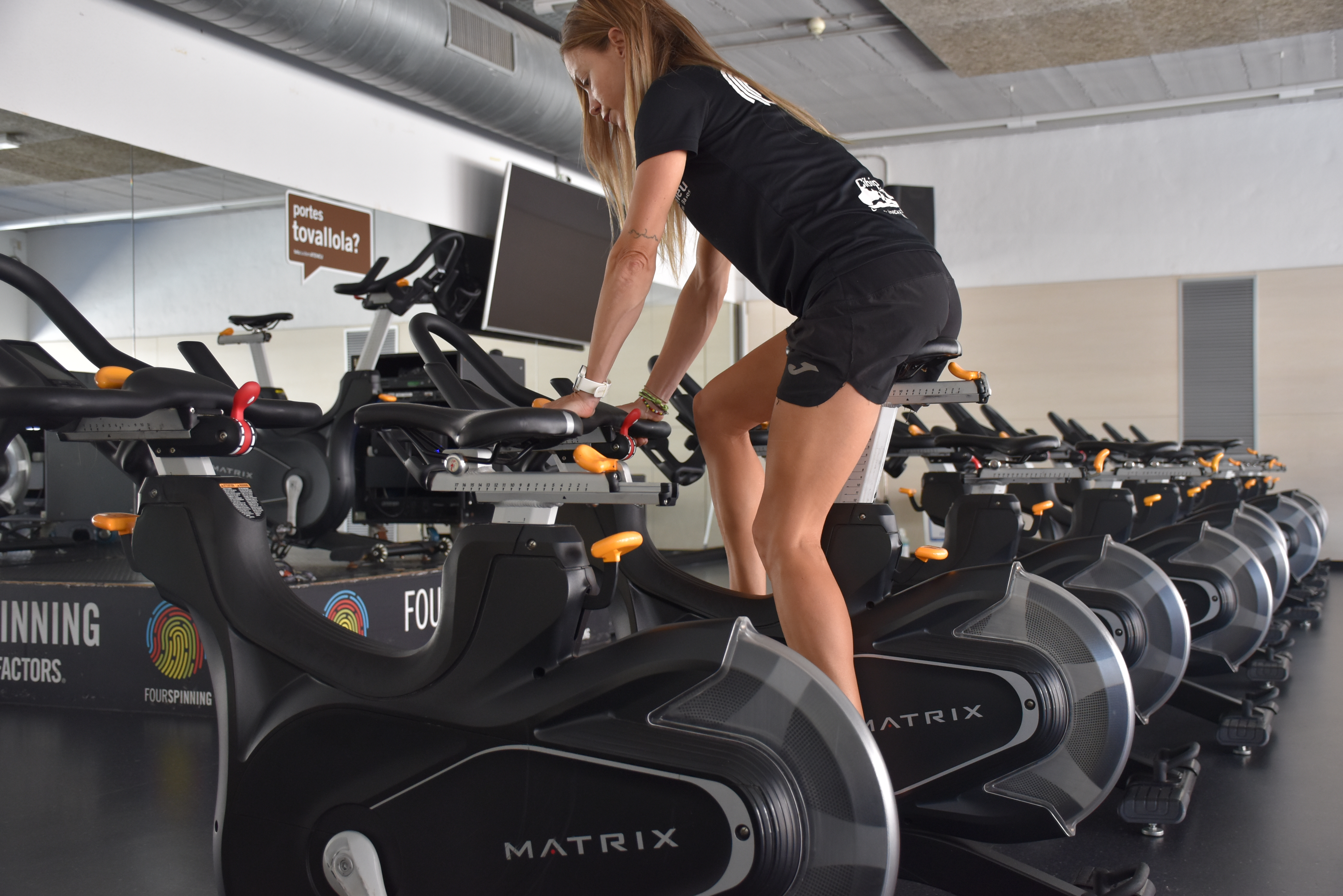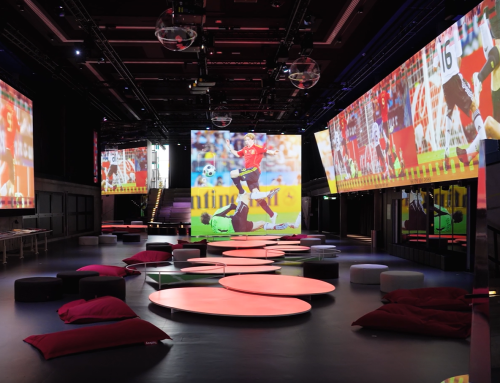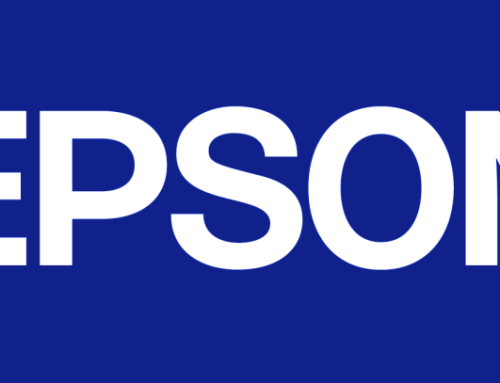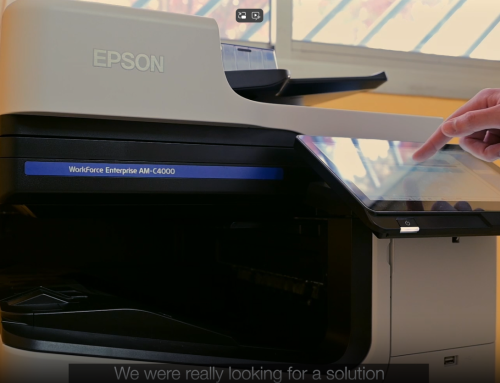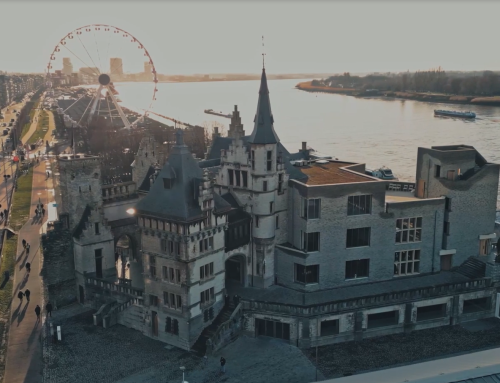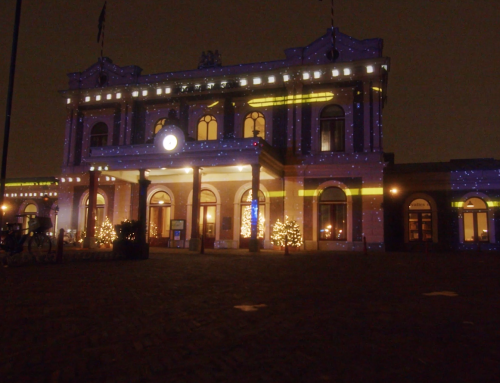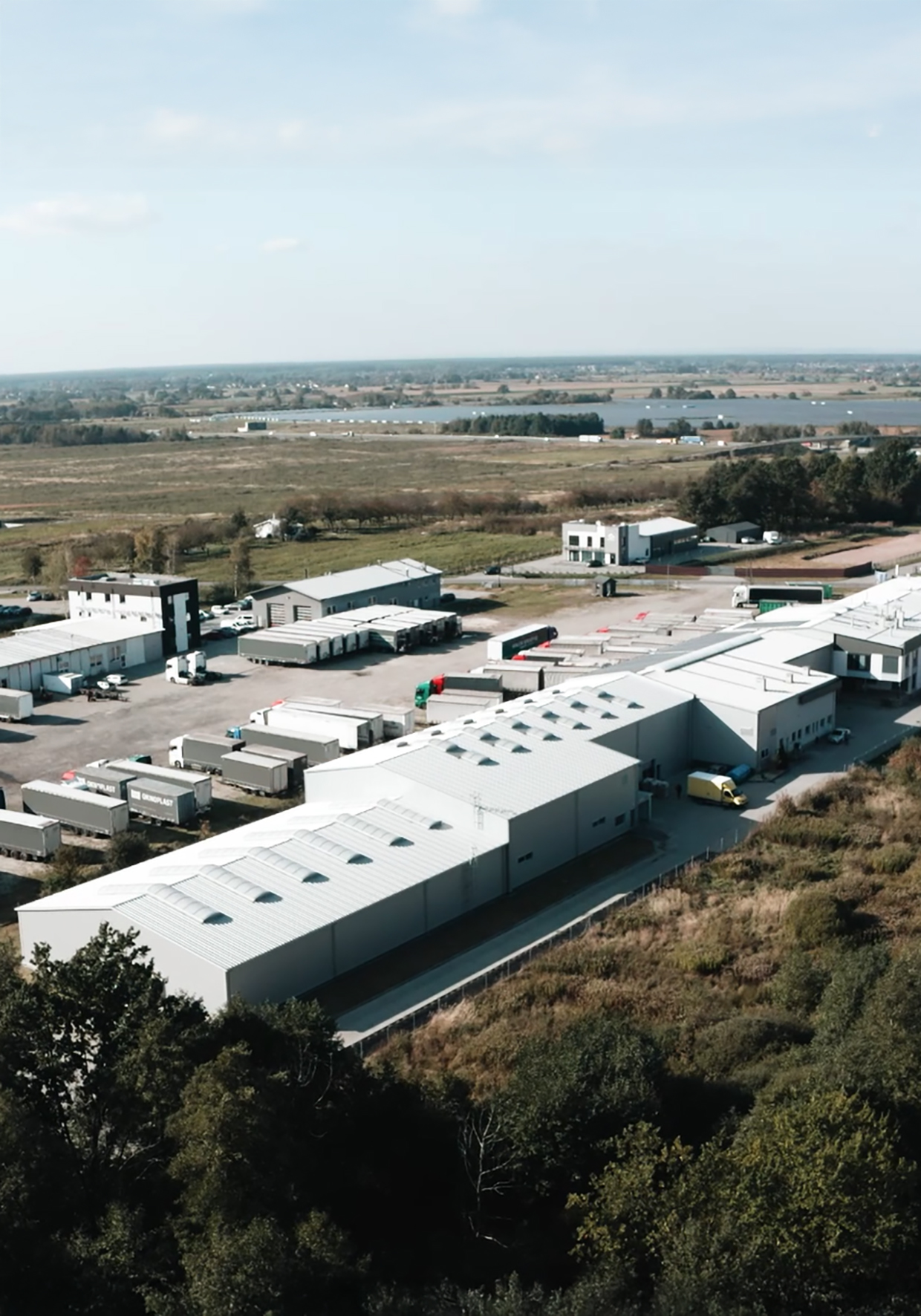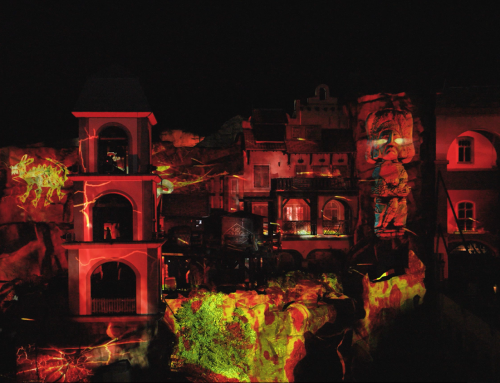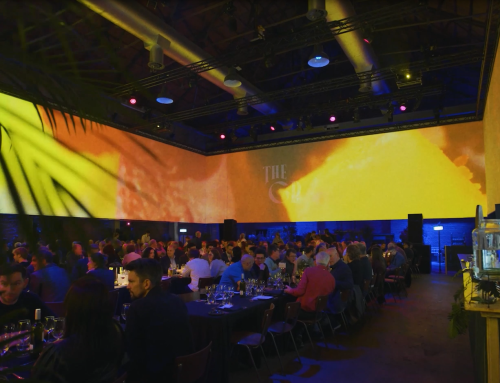Epson projection brings Barbican’s Our Time on Earth exhibition to life
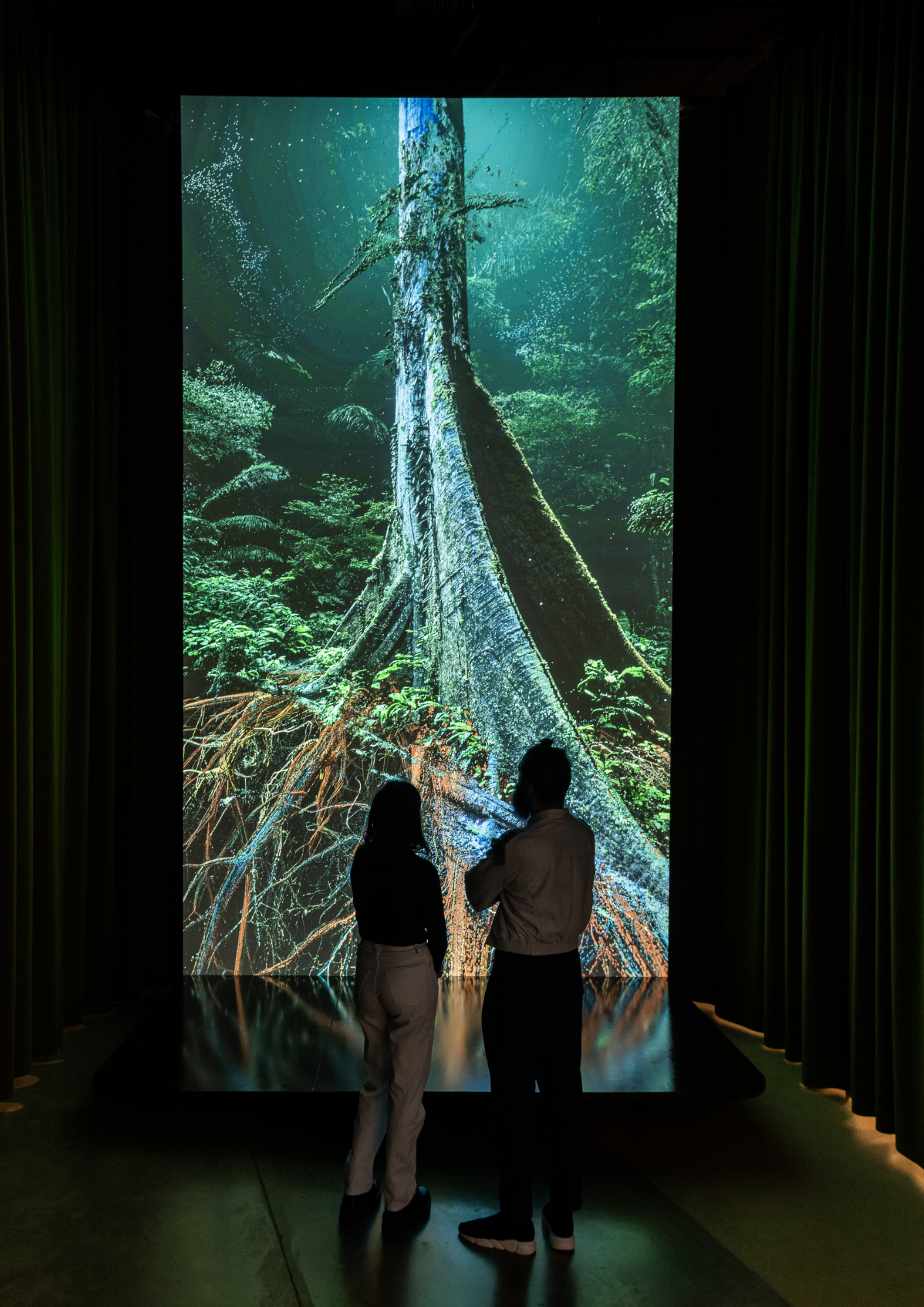
Our Time on Earth is a major immersive and interactive exhibition exploring radical ideas from around the world that address how we live.
It was conceived and curated by Barbican International Enterprises, with guest curators Caroline Till and Kate Franklin and co-produced by Musée de la Civilisation. It is supported by Pinsent Masons. The exhibition debuted at the Barbican in London on 5th May – 29th August 2022 and will tour internationally for 5 years.
Comprising of 18 works, 12 of them new commissions, the exhibition brings together different global perspectives spanning design, art, technology to show a future in which people, animals, plants and the planet can flourish together. Digital content across a wide variety of formats makes up much of the show and was a key factor to consider when we started looking into suitable equipment. Our objective was to create a large, immersive experience with mixed scales that could ‘wow’ audiences. Given the exhibition’s varying scales as it tours, projection was deemed the logical technology of choice for this production. After doing some research and working out throw ratios and brightness requirements, the Barbican worked together with AV specialists Projectorpoint to source the equipment that would work best.
Phil McGough, AV Consultant for Barbican International Enterprises, explains some of his considerations behind the AV setup: “There were only two brands that could achieve what we wished to obtain, and although the exhibition requirements were all quite different from one another, we were keen on working with one brand to help ensure a more seamless operation, which is particularly important when touring. Among the equipment we deemed suitable was Epson’s projectors. Annick Davis from Projectorpoint introduced us to Epson’s Technical Sales Manager Ross Bristo, who gave us a comprehensive demonstration of their range. I found the picture quality really good, much better than I was expecting with LCD projection. The versatility of the range was impressive.”
Among the exhibition works, there is a project called ‘Symbiocene’, which requires projection mapping onto 50cm x 50cm architectural relief models and the integration of the projectors into the display frame above the reliefs. “We could only achieve this with either the Epson LightScene EV-110 or its competitor equivalent”, adds McGough, “but the Lightscene was simply more appropriate for what we were hoping to achieve. The throw range and adaptability meant it wouldn’t just look like a square projected image and we could really fine-tune the throw distance and angle, which was essential to creating the desired effect.
“What also drew me to Epson was the short throw options. Some of the exhibition works were quite restrictive in how we could project onto them. We looked at direct LED wall technology, but it was too bright and inflexible for our needs. With Epson’s EB-805F ultra-short-throw projector, for example, we could stand as close as 60cm to a 3m wide screen, without suffering any shadowing, but could still do all the geometry correction, which was really impressive. With the EB-PU2010B projector and the ELPLX02S lens, we could take the image right down to the floor and back-project from just 1.7m behind a 4.7m wide screen. This was a big deciding factor, and all in-in-all, Epson demonstrated a positive route for us based on size, space and budget.”
Following the demonstration, Projectorpoint then procured and advised with the installation of the following Epson devices:
- Epson EB-PU2010B (10,000-lumens projector) x 2
- Epson EB-PU1008B (8,500-lumens projector) x 7
- Epson EB-PU1007W (7,000-lumens projector) x 1
- Epson EB-PU1006B (6,000-lumens projector) x 1
- Epson EB-L630U (6,200-lumens projector) x 1
- Epson LightScene EV-110 (2,200-lumens digital lighting projector) x 4
- Epson EB-805F (5,000-lumen digital signage solution) x 2
- Epson ELP LX02S ultra-short-throw lens x 1
- Epson ELP LU03S short-throw lens x 6
- Epson ELP LU04 wide zoom lens x 2
- Epson ELP LW05 wide zoom lens x 2
“After the product installation, that’s when we really discovered how much of a right choice we had made”, comments McGough. “Ross showed us how the different lens options were changing the throw ratios and took us through the different tools available, including Epson’s throw distance simulator. To be able to print a sheet out with all the throw distance information for each lens was so useful. We really benefitted from being able to use corner correction and curve correction at the same time. We have a lot of suspended screens, so being able to really tighten up the image so there were no spills was really time saving.
“I’ve always tended to lean more towards DLP than LCD for high brightness projection, but the scale of this exhibition meant that DLP wouldn’t be viable. It also meant we were able to avoid any rainbow effect. I’d recently seen Epson’s LCD gear in action at the Forum in Groningen in the Netherlands, which gave me added confidence in Epson’s 3 LCD offering.
“Projectorpoint played a huge part in the success of this installation, not only in consulting us on the technology but helping us understand where we’d be in the production forecast, which is crucial in the current climate for keeping on schedule.”
Annick Davis, Sales and Business Development Manager at Projectorpoint, commented: “We’ve worked with the Barbican for numerous projects, and we're excited to be working with them on something that had so many different requirements. Initially, Phil (McGough) was open to considering a few different brands, but we wanted to ensure they were given the full roundup of what brands we could offer. We have a strong working relationship with Epson and knew that their LightScene, ultra-short-throw lens, 3LCD technology, and the expertise from Ross Bristo would make Epson a strong favorite for this project."
Elena Zardini, Exhibition Manager at Barbican Centre, comments on the exhibition: “Conversations around the production of this exhibition started 3 years ago, but because of the pandemic we had to pause the project and start again at full speed in 2021. The exhibition has been a success so far and we are pleased with the AV equipment throughout the exhibition, which has been stable and run smoothly since the first day of opening to the public.

